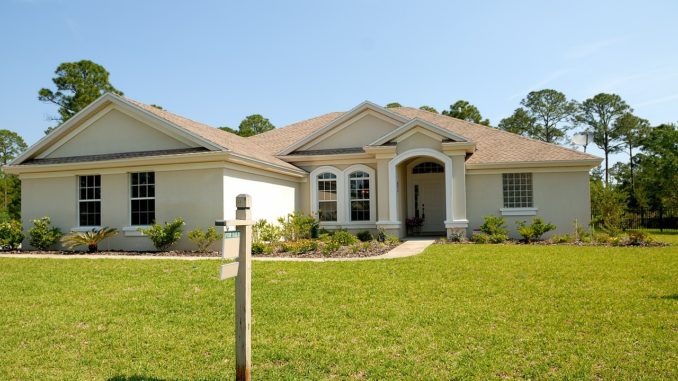
When buying a house and lot in the Philippines, there are several important factors you should consider to ensure that you make a well-informed and wise investment. Here are some key points to keep in mind:
- Location and Accessibility:
- Consider the proximity to your workplace, schools, hospitals, public transportation, and major roads. A convenient location can save you time and money on daily commuting.
- Research the neighborhood’s safety and security. Check crime rates and inquire about the presence of local authorities or security measures within the community.
- Budget and Affordability:
- Determine your budget based on your financial capacity and consider getting pre-approved for a mortgage to know your loan options.
- Account for all costs, including down payment, taxes, registration fees, real estate agent commissions, and potential renovation expenses.
- Developer/Builder Reputation:
- Research the track record and reputation of the developer or builder. Look for reviews, testimonials, and feedback from previous buyers to gauge their reliability and the quality of their projects.
- Property Size and Layout:
- Assess the size of the house and lot to ensure it suits your current and future needs. Consider family size, potential expansions, and outdoor spaces like gardens or parking areas.
- Title and Legal Documents:
- Verify the property’s title and authenticity with the help of a lawyer to ensure there are no issues with ownership or legal disputes.
- Check for any liens, encumbrances, or pending legal cases related to the property.
- Infrastructure and Utilities:
- Inspect the availability and reliability of utilities such as water supply, electricity, internet connectivity, and sewage systems.
- Consider the condition of roads leading to the property, especially during the rainy season.
- Security and Safety:
- Check if the property is located in a gated community or a secure neighborhood with guards or CCTV surveillance.
- Inquire about the crime rate in the area and any history of natural disasters that may affect the property.
- Resale Value and Market Trends:
- Research the property’s potential resale value by looking at historical price trends in the area and analyzing factors that may affect future appreciation.
- Consider the demand for properties in the neighborhood and the overall real estate market trends.
- Financing Options and Mortgage Terms:
- Explore different financing options and compare mortgage terms from various banks or lenders to find the best deal that suits your financial situation.
- Understand the interest rates, loan tenure, and monthly payments to ensure they fit within your budget.
- Site Visit and Inspection:
- Schedule a visit to the property and conduct a thorough inspection of the house. Look for any signs of damage, water leaks, or structural issues.
- Engage a professional home inspector to assess the property’s condition and identify potential problems.
- Future Development Plans:
- Inquire about any upcoming development projects or infrastructure plans in the vicinity. New developments may impact the property’s value and living conditions.
- Homeowners’ Association Rules and Fees:
- If the property is part of a homeowners’ association or subdivision, review their rules, regulations, and fees. Ensure they align with your lifestyle and preferences.
Remember, buying a house and lot is a significant decision, so take your time to research, compare options, and seek advice from real estate professionals and legal experts to make an informed choice.

Leave a Reply